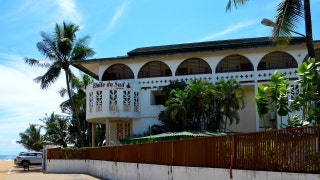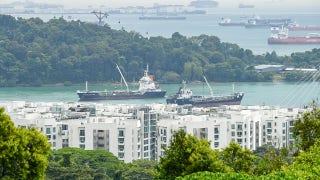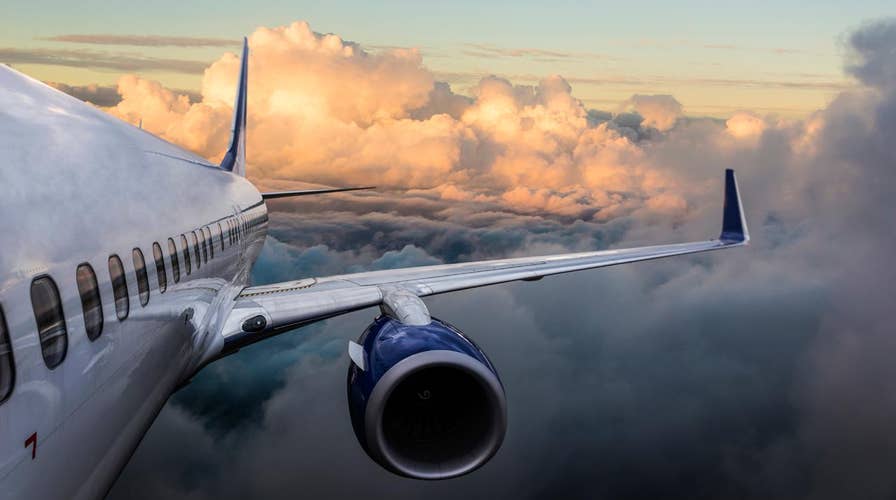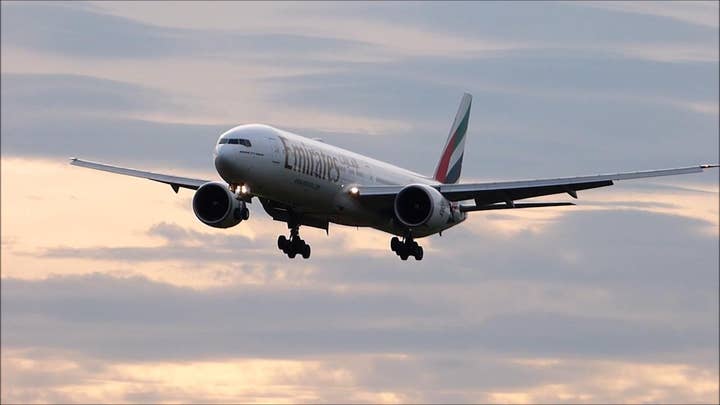Climate change causing increased airplane turbulence?
Nervous fliers may have more bumpy rides to worry about in the years to come. A new study finds climate change could cause up to three times as much clear-air turbulence.
Virtually every U.S.-based airline has voluntarily agreed to a United Nations plan to reduce carbon emissions in an effort to temper climate change worldwide.
The program, called the Carbon Offsetting and Reduction Scheme for International Aviation (CORSIA), caps emissions at 2020 levels and is administered by the U.N.-affiliated International Civil Aviation Organization (ICAO),
The participating airlines include Alaska Airlines, American, Delta, Frontier, Hawaiian, JetBlue, Southwest, Spirit and United. But it also includes smaller airlines like Piedmont and Republic, aviation firms such as Dynamic, Rich and Five Star, and a bevy of non-aviation companies such as Bloomberg, eBay, Visa, even the PGA Tour.
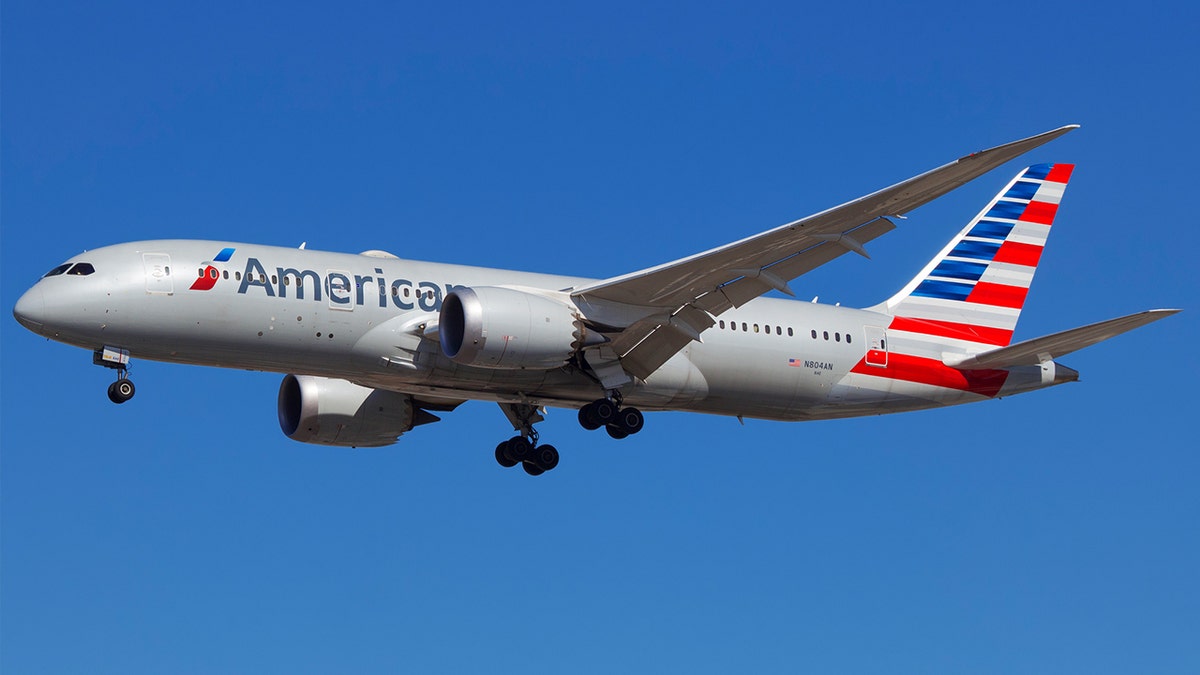
The participating airlines include Alaska Airlines, American (pictured,) Delta, Frontier, Hawaiian, JetBlue, Southwest, Spirit, United and more. (iStock)
All have voluntarily agreed to participate in CORSIA even though President Trump pulled the United States out of the Paris Agreement. The U.N.-fueled Paris Agreement of 2016 specified that “each country must determine, plan, and regularly report on the contribution that it undertakes to mitigate global warming. No mechanism forces a country to set a specific target by a specific date, but each target should go beyond previously set targets.”
Read more from TravelPulse:
Trump announced the U.S. withdrawal from the agreement in 2017, and it is effective in November of 2020.
The airline industry as a whole has a problematic record when it comes to carbon footprints, and it was only set to get worse with the expected dramatic increase in air travel by 2050. People taking to the air to travel is expected to triple in the next 30+ years.
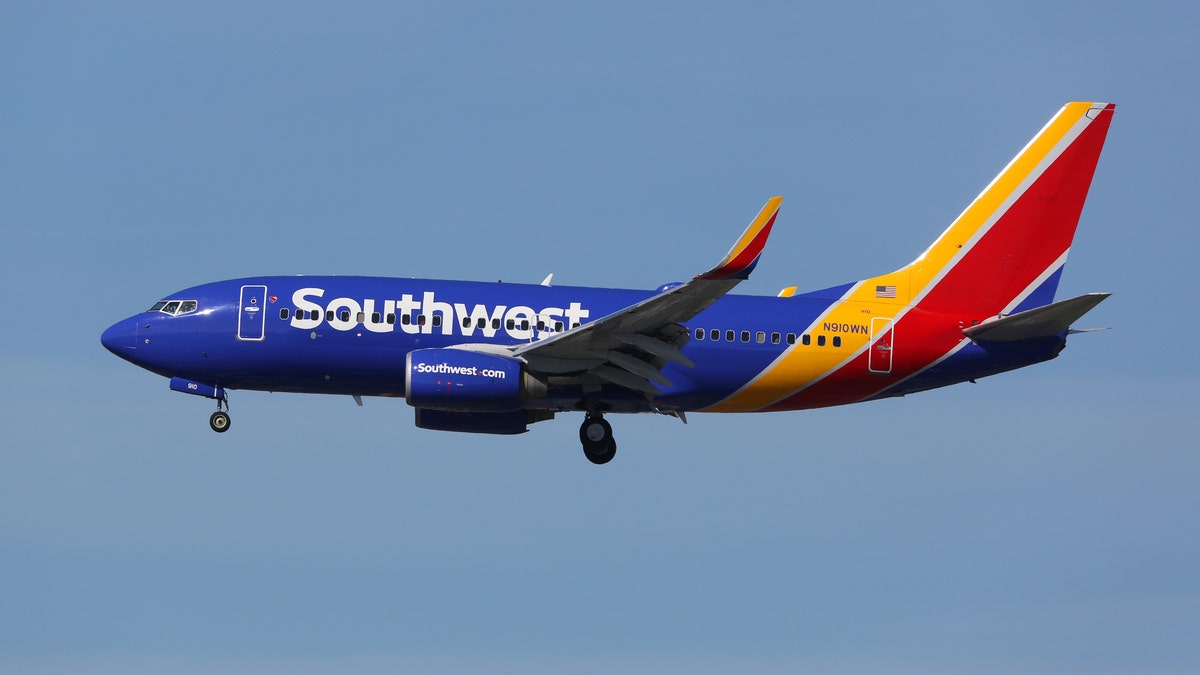
The airline industry as a whole has a problematic record when it comes to carbon footprints, and it was only set to get worse with the expected dramatic increase in air travel by 2050. (iStock)
The participating companies who agreed to CORSIA represent more than 97 percent of the total international fuel use. The Federal Aviation Administration uses international fuel use as its barometer for measurement instead of the number of airlines.
CORSIA is designed to become mandatory after 2027. ICAO will use 2020 figures to determine the emissions cap. Between now and 2050’s expected height of air travel, airlines are expected to build more fuel-efficient aircraft and await carbon-neutral fuels.





